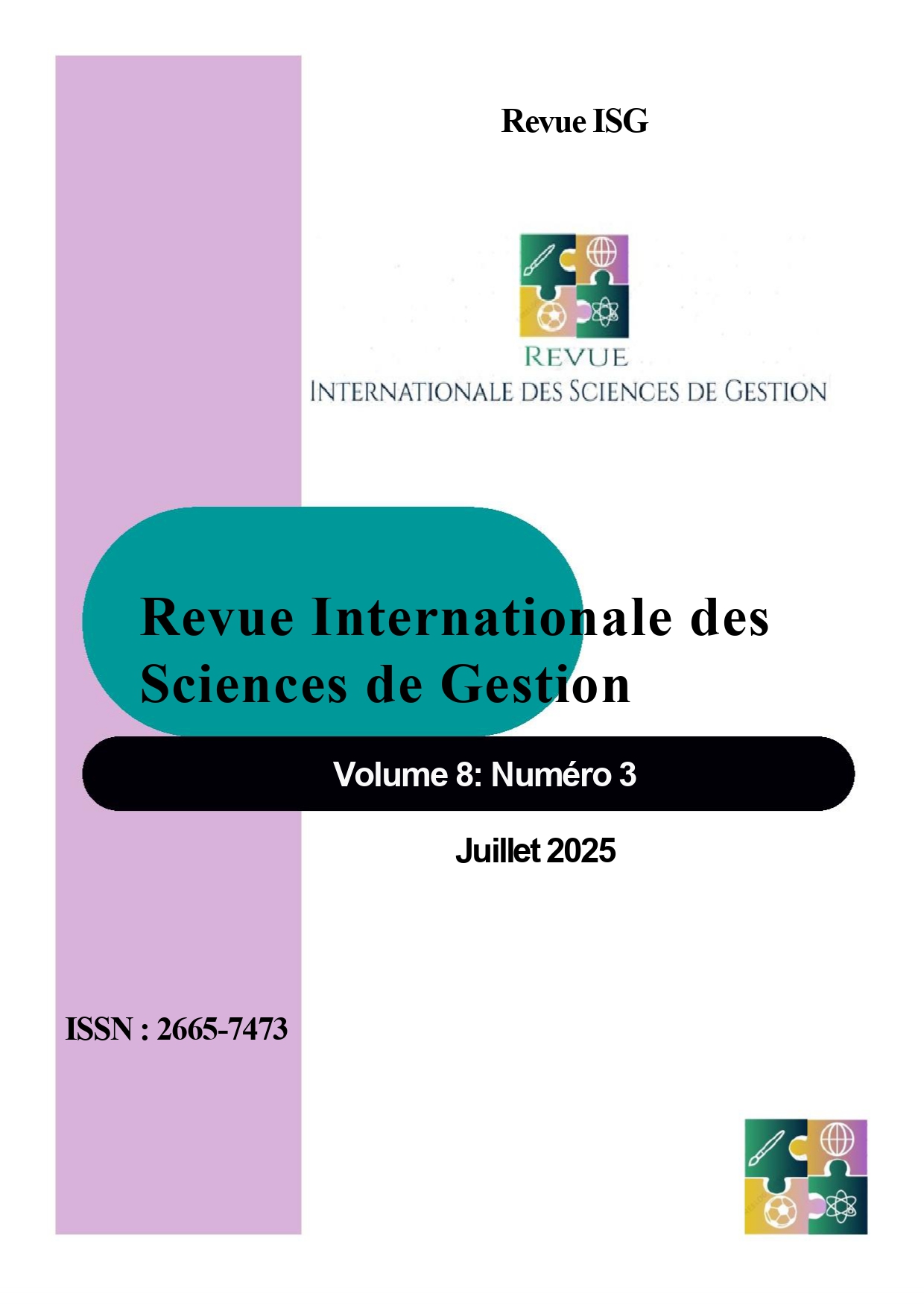A Contribution to the Theoretical Analysis of the Impact of Applying Governance Principles on the Performance of Islamic Financial Institutions
Keywords:
Corporate governance, Islamic banks, information asymmetry, stakeholders, performance, transparencyAbstract
This paper analyzes the application of corporate governance principles in Islamic banks in the United Arab Emirates (UAE). Governance is presented as a key mechanism to enhance transparency, reduce information asymmetry, and protect the interests of stakeholders. By linking governance with both financial and non-financial performance, The Analysis of this study shows its role in mitigating risks and strengthening trust among depositors and investors through reliable disclosure. The Central Bank of the UAE emerges as a pivotal actor in promoting governance, despite regulatory and cultural challenges. The paper also suggests practical measures such as improving the legal framework, enhancing stakeholder awareness, and investing in professional training. It concludes that governance in Islamic banks must integrate Sharia compliance with modern management practices to ensure sustainable performance and institutional stability.
Downloads
Downloads
Published
How to Cite
Issue
Section
License
Copyright (c) 2025 Abdulmohsen ALLAFI ISWEESI SAAD

This work is licensed under a Creative Commons Attribution-NonCommercial 4.0 International License.


















